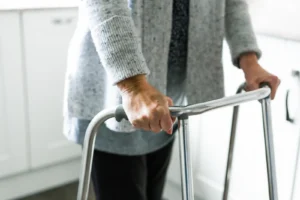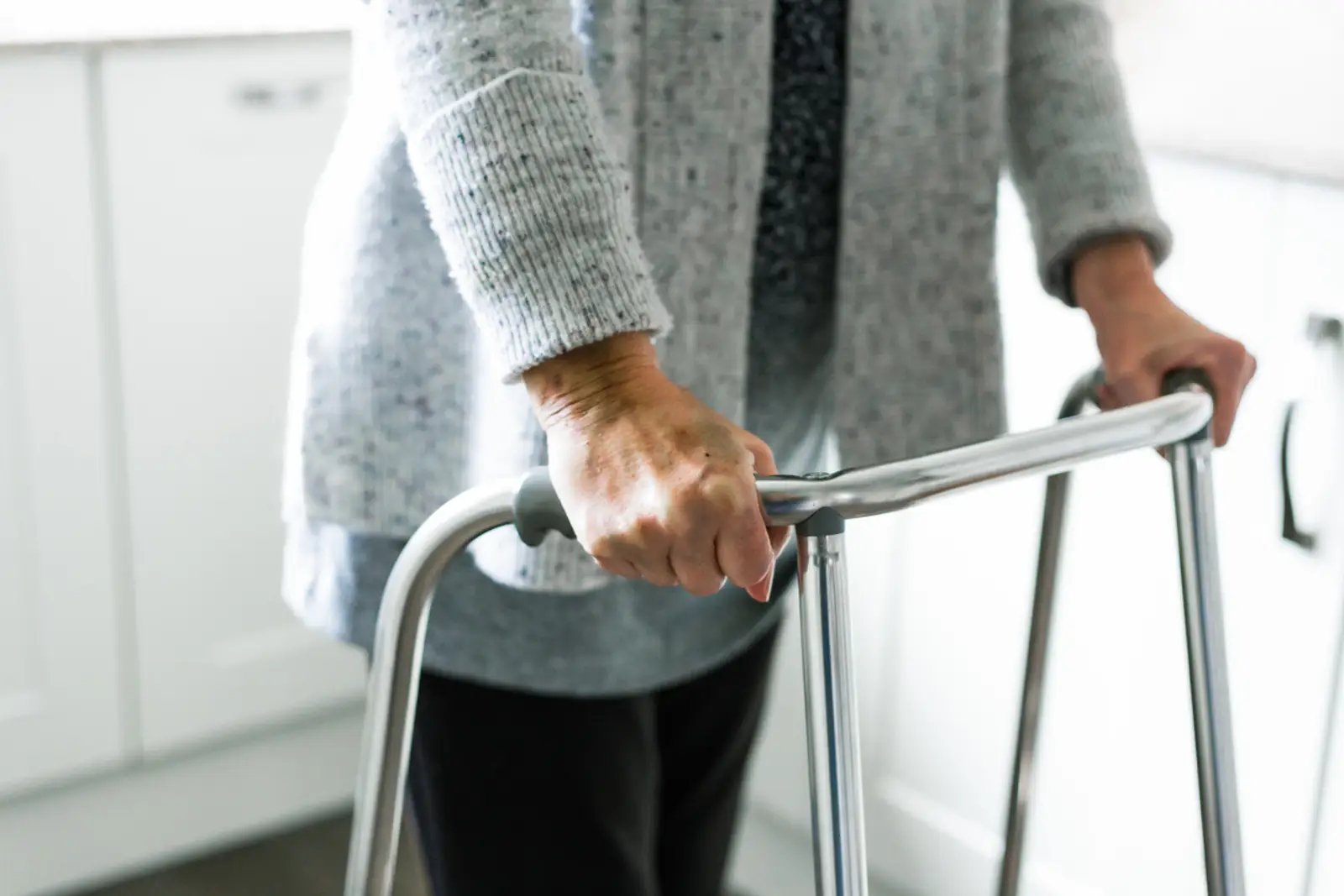For seniors, surgery or hospitalization can be a disruptive and disorienting experience. The once-familiar routine is shattered, replaced by unfamiliar surroundings, medical procedures, and a potential loss of independence. Yet, the journey to recovery often continues at home, and the transition can be just as challenging. Here, we delve into the unique needs of seniors after surgery and explore ways to ensure a smooth, supportive, and successful recovery within the comfort of their own homes.
Understanding the Senior Experience
The impact of surgery or hospitalization goes beyond the physical for seniors. Recovery is often accompanied by:
- Decreased Mobility: Pain, weakness, or limitations from surgery can make everyday tasks like bathing and dressing difficult.
- Cognitive Decline: The stress of hospitalization or medication side effects can lead to temporary confusion or disorientation.
- Emotional Vulnerability: Feelings of anxiety, fear, and loss of control are common, impacting well-being.
- Social Isolation: Limited mobility and a focus on recovery can lead to social isolation, exacerbating feelings of loneliness.
Creating a Supportive Recovery Environment
A well-prepared home environment is crucial for a successful recovery:
- Safety First: Assess and remove potential fall hazards, like loose rugs or cluttered walkways.
- Accessibility Adaptations: Install grab bars in the bathroom, elevate toilet seats, and ensure adequate lighting for improved mobility.
- Comfort and Familiarity: Surround the senior with familiar objects and create a comfortable space for rest and recuperation.
- Nutritional Support: Stock the pantry with healthy and easy-to-prepare meals to ensure proper nutrition during recovery.
Beyond Physical Care: The Importance of Emotional Well-Being
While physical needs are important, emotional well-being should not be overlooked:
- Empathetic Companionship: Having a supportive presence can significantly reduce anxiety and loneliness.
- Open Communication: Encourage open communication about fears and concerns, providing a safe space for expression.
- Maintaining Social Connection: Facilitate phone calls or video chats with loved ones to combat social isolation.
- Maintaining Routines: As much as possible, sticking to familiar routines can provide a sense of normalcy and control.
The Role of Family and In-Home Care
Family members play a vital role in supporting a senior’s recovery. However, busy schedules or limitations can make it challenging to provide all the necessary assistance. In-home care services can bridge the gap:
- Skilled Assistance: Trained caregivers can provide medication reminders, assist with physical therapy exercises, and offer companionship.
- Respite Care: In-home care can offer family members much-needed breaks, reducing stress and ensuring continued support for the senior.
- Emotional Support: Caregivers can provide a listening ear and empathetic support, promoting emotional well-being.
- Advocacy and Coordination: Caregivers can act as advocates for the senior, ensuring communication with healthcare providers and a smooth recovery process.
A Journey of Recovery, Not a Setback
Recovery after surgery or hospitalization is a journey, not a destination. By understanding the unique needs of seniors, creating a supportive environment, and providing emotional support, family members and in-home caregivers can empower seniors to navigate this challenge and return to a fulfilling life in the comfort of their own homes.












